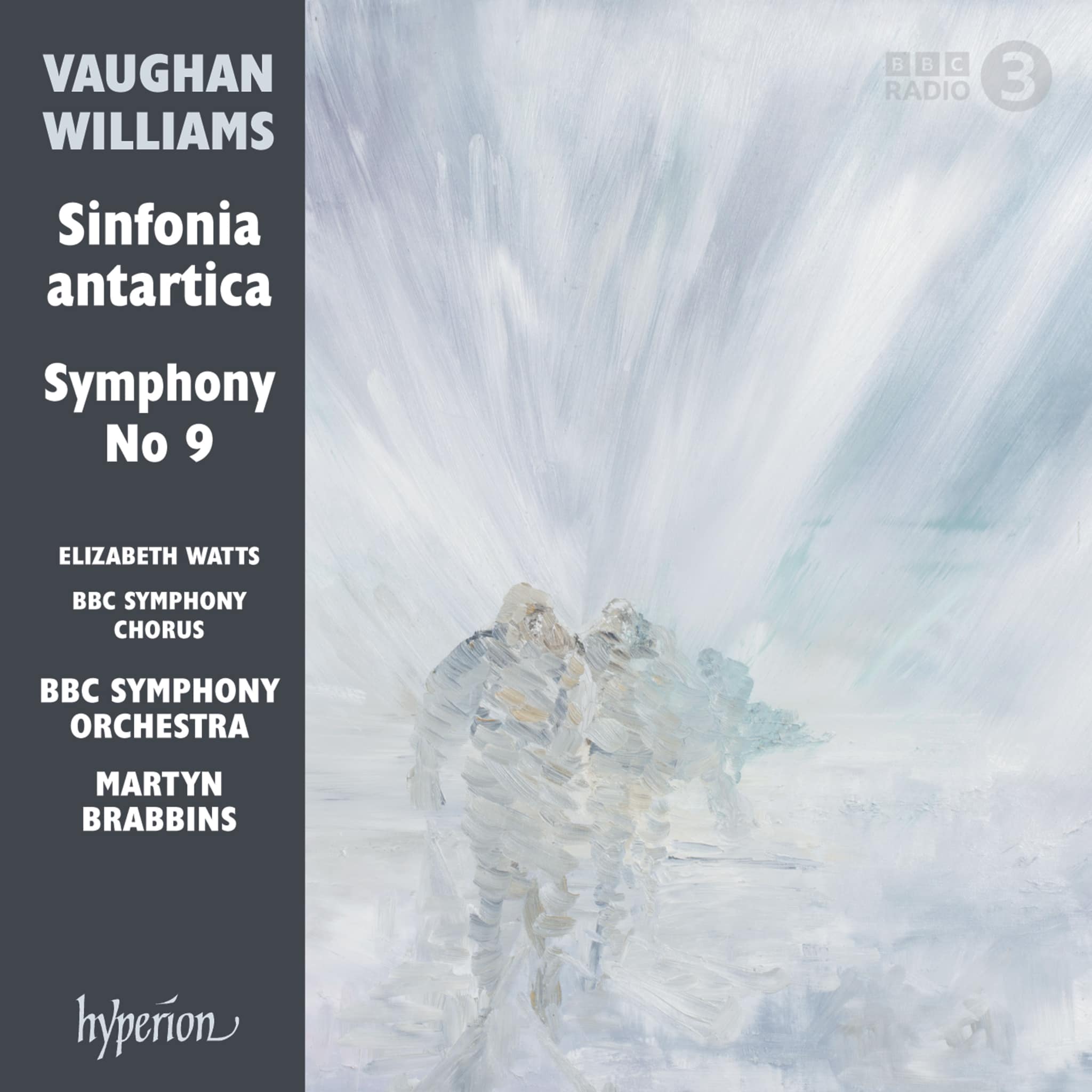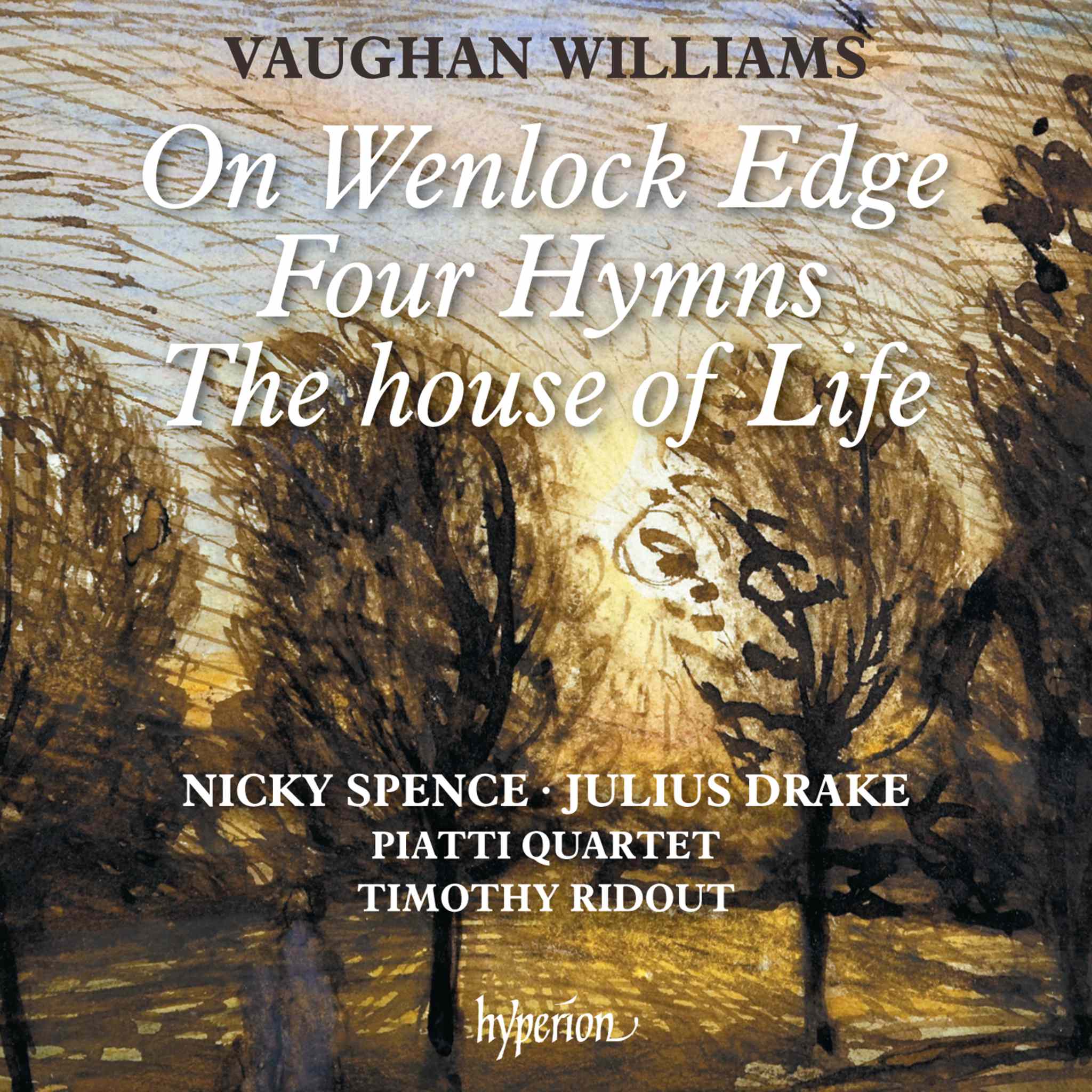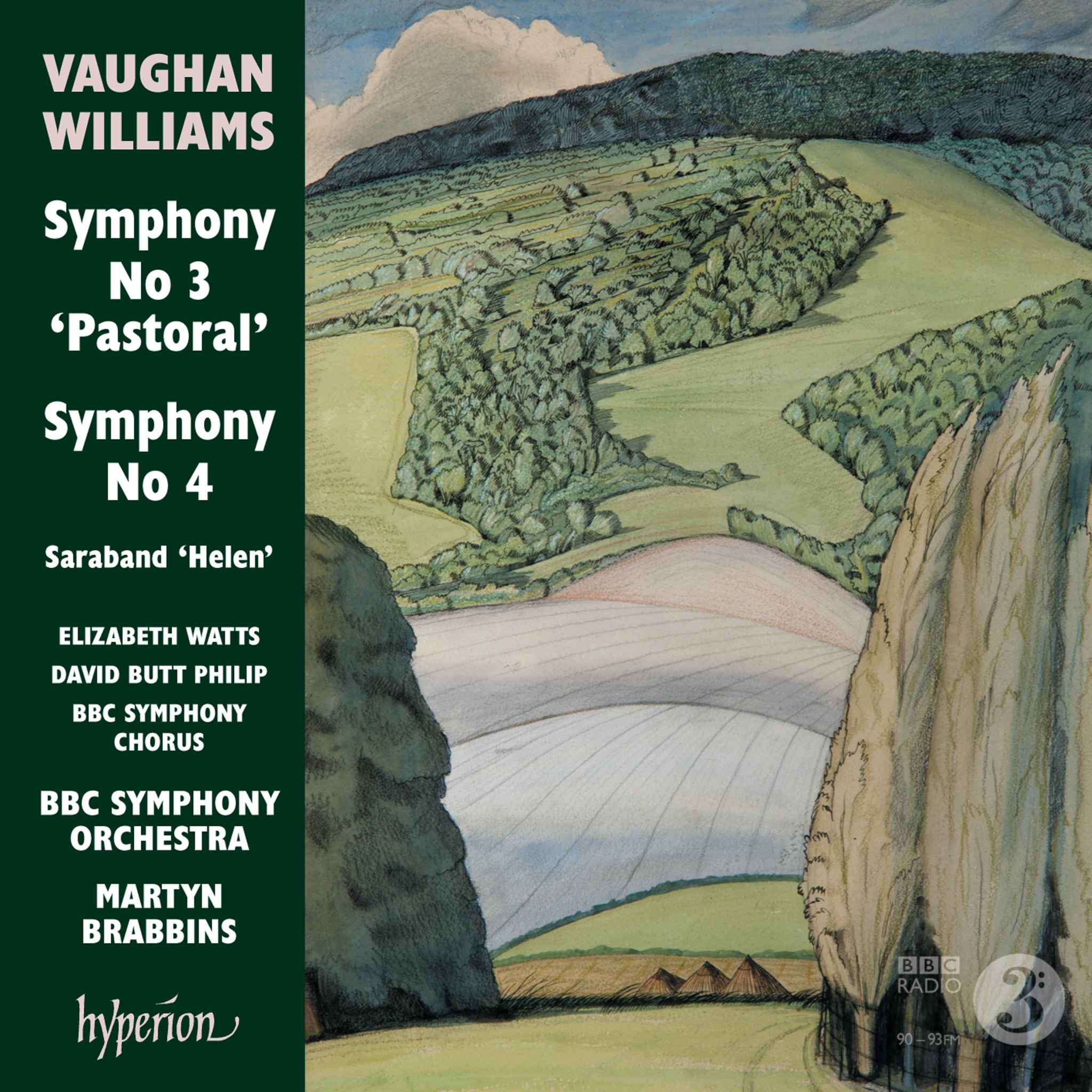New on STAGE+
Albums
About
Ralph Vaughan Williams

Born in a Gloucestershire rectory to an affluent, socially liberal family, composer Ralph Vaughan Williams spent his early career trying to find a personal musical voice in a Britain dominated by German musical culture. Cosmopolitan in outlook, he studied with Max Bruch and Maurice Ravel, edited The English Hymnal and collected and studied folk songs before emerging – with the Fantasia on a Theme of Thomas Tallis (1910) – as a wholly original creative force in his own right.
His mastery of tranquil lyricism has made works such as The Lark Ascending (1914) immensely popular in the English-speaking world, but his social conscience as well as his front-line experience in the First World War found powerful and often dissonant expression in his nine symphonies (1909-57), the ballet Job (1930) and operas such as Riders to the Sea (1925–32). During the Second World War, Vaughan Williams reinvented himself as a film composer, in line with his lifelong belief that a composer should reflect – and serve – the community in which they live. Performed by amateurs as well as professionals, his music continues to reach a mass audience in the UK especially – as well as addressing challenging questions with uncompromising integrity and eloquence.











